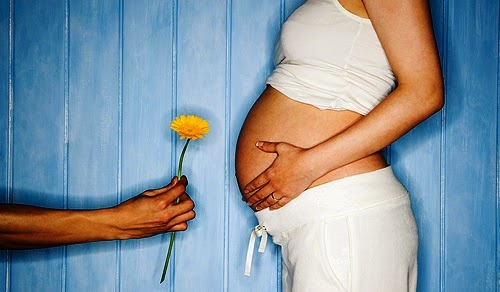Thousands of women struggle
with infertility every day. In cases where
traditional pregnancy with your own eggs is not possible, egg
donation is recommended.
Getting pregnant using donated
eggs is becoming more and more popular; in fact, it has become the most trusted
medical solution for couples that have been trying to conceive a baby for many
years with no result.
The procedure of donating eggs
has a higher success rate as compared to IVF treatment. The success rate is
approximately 75%, which is the result of high-quality egg selection.
The key participants involved
in egg donation therapy include the egg donor that offers the eggs, the egg
recipient that receives the best embryos, and the father that provides the
sperm.
In
many cases, an egg donor may be chosen based on individual characteristics,
such as eye, hair, or skin color. In that way, the
characteristics of the donor match with the characteristics of the recipient.
The egg donation process consists of four phases.
- In the first phase, ovarian hyperstimulation, donors receive a series of hormonal drugs to produce multiple mature eggs.
- During phase two, egg retrieval, mature eggs are removed from the donor through a surgical procedure.
- The next step is about fertilizing the donated eggs with the sperm of the future father.
- At the final phase, the resulting embryos are transferred to the receiving woman after a period of five days.
 |
| Egg Donation |
Throughout the donation procedure, egg donors spend
approximately 60 hours in screening, testing, and medical appointments.
Women that donate eggs should be between 21 and 30 years old, healthy, and have proven
ovarian reserves.
Although egg donation is a wonderful
solution for couples wishing to have a child, the legal framework is not so
friendly around the world. In a number of European countries, including, Germany
and Italy, donating eggs is not legal. That’s why many couples seek help abroad
in countries where the procedure is allowed. One of these countries is Cyprus,
where couples can find IVF clinics offering high-quality services that result
in high pregnancy rates. Moreover, IVF treatment expenses in Cyprus are lower than
in the UK. For that reason, many couples from the UK choose to travel abroad to
visit an IVF clinic and receive premium quality services for a lower cost.
Interested? Take the next step… dunyaivf.co.uk/egg-donation
